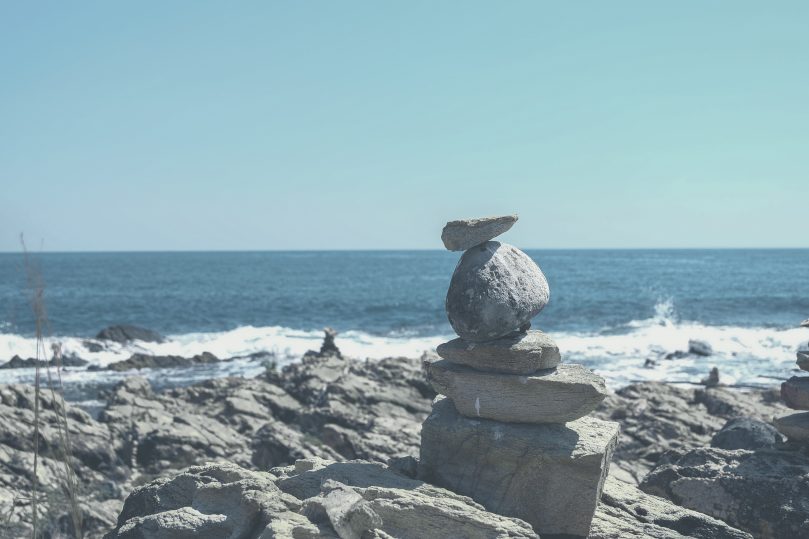The Emperor Goyozei was studying Zen under Gudo. He inquired: “In Zen this very mind is Buddha. Is this correct?”
Gudo answered: “If I say yes, you will think that you understand without understanding. If I say no, I would be contradicting a fact which many understand quite well.”
On another day the Emperor asked Gudo: “Where does the enlightened man go when he dies?”
Gudo answered: “I know not.”
“Why don’t you know?” asked the Emperor.
“Because I have not died yet,” replied Gudo.
The emperor hesitated to inquire further about these things his mind could not grasp. So Gudo beat the floor with his hand as if to awaken him, and the emperor was enlightened!
The Emperor respected Zen and old Gudo more than ever after his enlightenment, and he even permitted Gudo to wear his hat in the palace in winter. When Gudo was over eighty he used to fall asleep in the midst of his lecture, and the emperor would quietly retire to another room so his beloved teacher might enjoy the rest his aging body required.
Photo by Francisco Moreno on Unsplash









